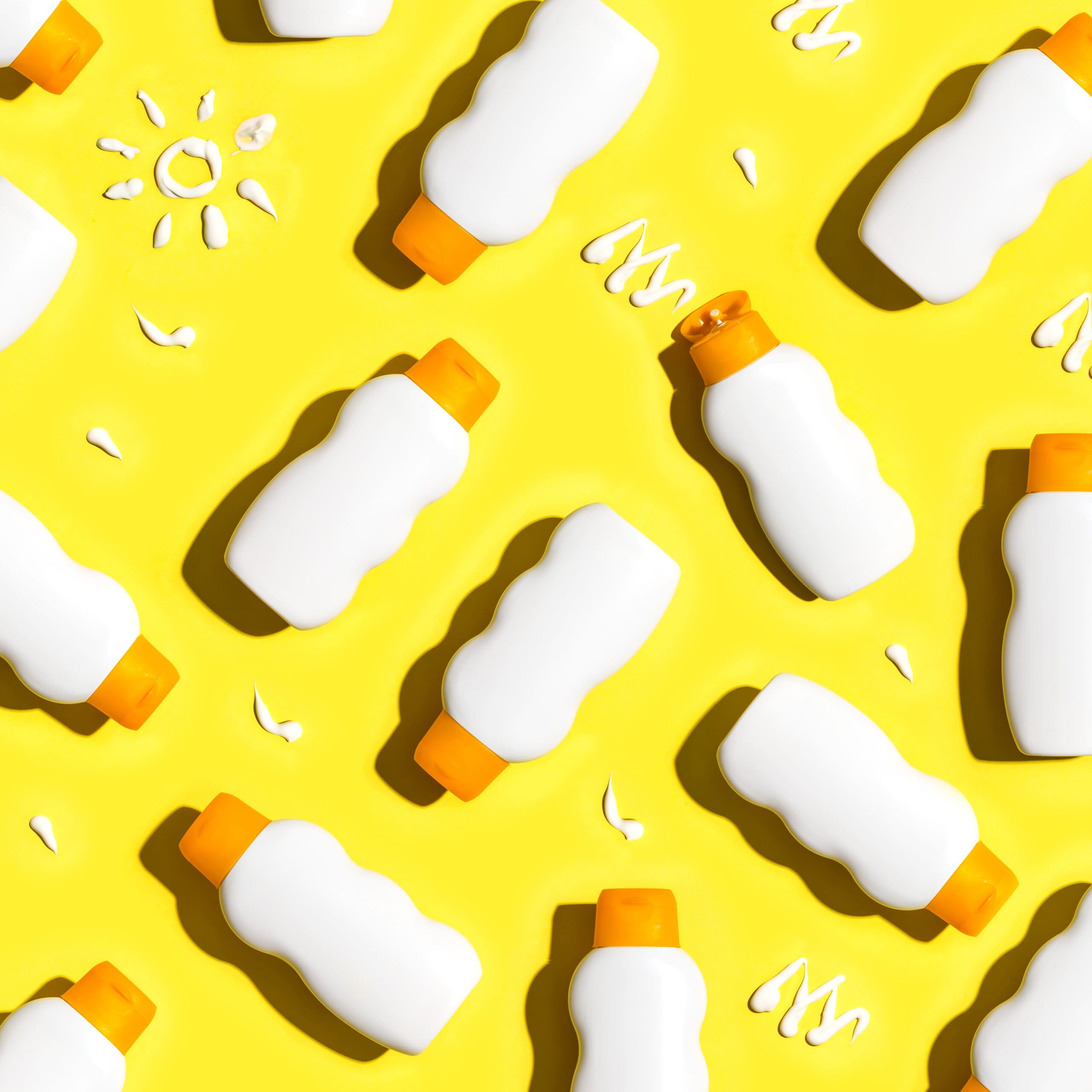Sunscreen technology has significantly improved over the years. Scientists and researchers have been working to enhance the effectiveness, safety, and user experience of sunscreen products. Here are some advancements in sunscreen technology:
- Broad-Spectrum Protection: Sunscreens now offer broad-spectrum protection, meaning they protect against both UVA and UVB rays. UVA rays can lead to premature aging and skin damage, while UVB rays cause sunburn.
- Higher Sun Protection Factor (SPF): Sunscreens now offer higher SPF values, providing increased protection against UVB rays. SPF indicates the product’s ability to block UVB radiation. Higher SPF values offer longer-lasting protection.
- Water and Sweat Resistance: Sunscreens have improved water and sweat resistance, ensuring they remain effective even during physical activities or when exposed to water. This allows for more prolonged and reliable sun protection.
- Lightweight Formulations: Sunscreens now come in lighter, non-greasy, and more cosmetically elegant formulations, making them more comfortable to wear. This encourages regular and consistent use.
- Improved Application: Sunscreens are available in different application forms such as lotions, creams, sprays, sticks, and gels, providing options for individual preferences and convenience.
- Advanced UV Filters: Newer sunscreen formulations often incorporate advanced UV filters that provide better protection against a broader range of UV rays. These filters may be more photostable, meaning they maintain their effectiveness for a longer duration when exposed to sunlight.
- Enhanced Formulations for Sensitive Skin: Many sunscreens now have specialized formulations for sensitive skin, including those that are fragrance-free, hypoallergenic, or formulated without potential irritants.
- Reef-Friendly Sunscreens: In response to growing environmental concerns, reef-friendly sunscreens have been developed with ingredients that are less harmful to marine ecosystems, minimizing the impact on coral reefs.
- Improved Cosmetic Compatibility: Sunscreens are now formulated to be more compatible with makeup, reducing the likelihood of pilling or interfering with the application of other skincare or cosmetic products.
Despite these advancements, it is important to note that sunscreen should still be reapplied regularly and used in conjunction with other sun protection measures such as seeking shade, wearing protective clothing, and avoiding peak sun hours. It’s always a good idea to check the labels, consult with dermatologists, and follow the recommended application guidelines for the specific sunscreen products you use. —Vita Daily

Be the first to comment